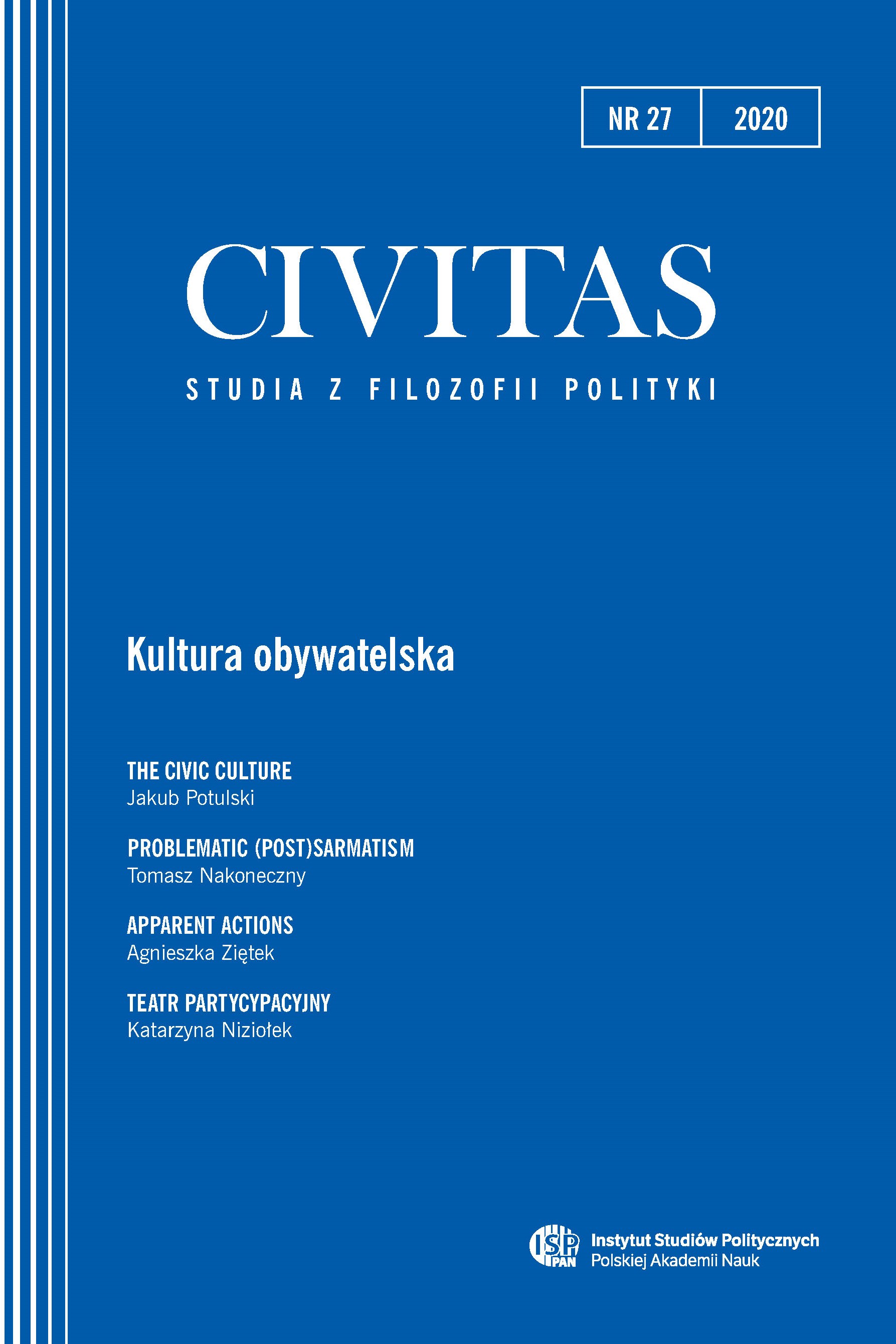Wybory samorządowe w Norwegii. Przykład obywatelskości w ugruntowanej demokracji lokalnej
Local Elections in Norway. Example of Citizenship in Well-established Democracy
Author(s): Katarzyna A. Kuć-Czajkowska, Justyna WasilSubject(s): Politics, Public Administration, Public Law
Published by: Instytut Studiów Politycznych PAN
Keywords: Norway; local government; local elections;
Summary/Abstract: The main aim of this paper is to present the issues concerning local elections in Norway. The following time-frame was adopted: from the date of passing the first bill on local government (1837), to the comprehensive description of the municipal and provincial elections held in 2011, 2015, 2019. The electoral system for Norwegian local government allows all social groups and local electoral committees to be represented in local government. This is proved by: the ability to ‘create’ their own electoral registers by adding new names on ballots, a large number of political entities seeking mandates, the way of counting votes and the distribution of seats in councils. The proportional system of counting votes in Norway (applying the modified Sainte-Laguё method) is connected with the opportunity to cast an individual vote (the principle of proportional representation). This solution enables numerous political groups and local committees to stand for election. Moreover, women have a sufficient representation in local governments to exert a real impact on the decision-making process. Such an electoral system is open to foreigners who, after fulfilling specific requirements, have the right to vote and be elected.
Journal: Civitas. Studia z filozofii polityki
- Issue Year: 2020
- Issue No: 27
- Page Range: 183-215
- Page Count: 33
- Language: Polish

